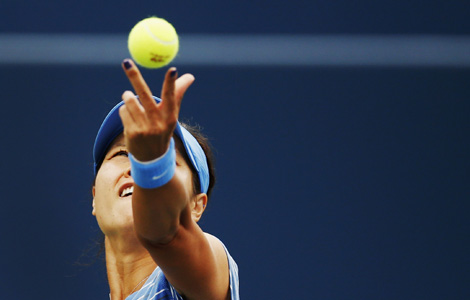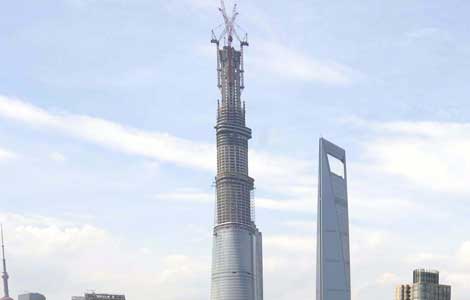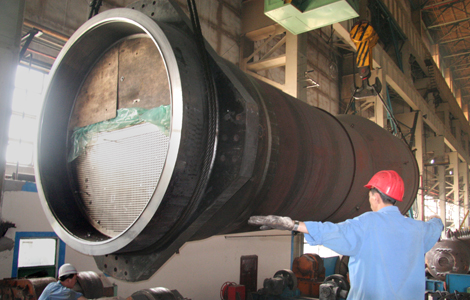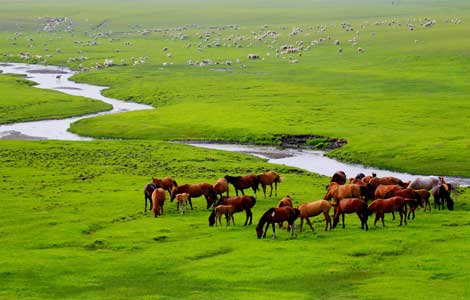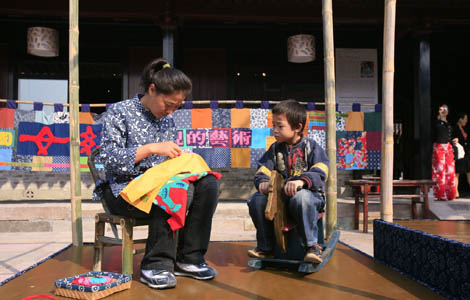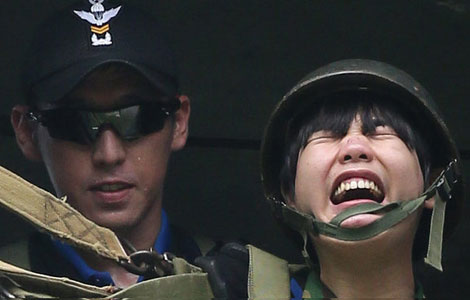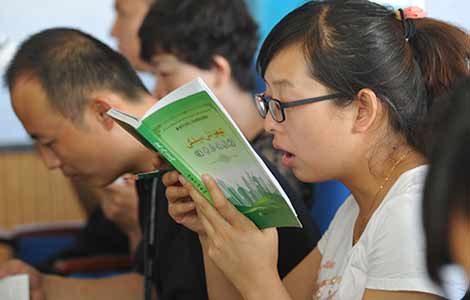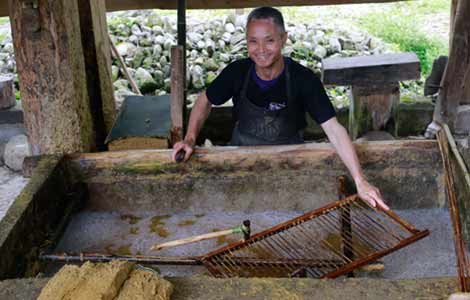Flight or Fight: Miyazaki vs Aso
Updated: 2013-08-08 10:02
By Philip J. Cunningham (China Daily)
|
||||||||
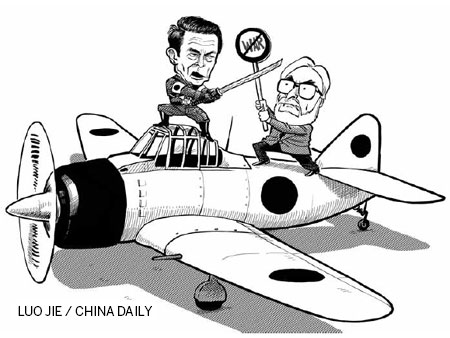
Unresolved issues of history continue to haunt and distort the present, all the more so when hidden from view. Historical controversies need a good airing from time to time, not so much to salvage the past as to save the future from repetition of past mistakes. When factual distortions are part of the problem, silence is not an answer.
Japan's militarists pose a case in point. There's no shortage of foreign media report when ludicrous denials are made about issues like the Nanjing Massacre and comfort women, or when war-criminals are glorified at Yasukuni Shrine, but attention should also be paid to Japan's ongoing argument with itself.
The latest domestic flare-up is between Japanese defenders and detractors of Japan's "Peace Constitution", known as such for its war-renouncing clause. The 1947 Constitution was conceived under US guidance as an antidote to militarism, and it remains in force today, a remarkable testament to both its peaceful vision and practical durability.
On one hand, you have the gentle and reclusive Hayao Miyazaki, anime auteur extraordinaire and Japan's answer to Walt Disney, who broke with his characteristic reticence to state: "Taking advantage of low voter turnout and changing the Constitution without giving it serious thought is unacceptable. I am against it."
On the other hand, you have Japan's Deputy Prime Minister Taro Aso, tough-talking political blueblood so impatient to revise the Constitution that he carelessly invoked the Nazi perfidy of changing the Weimar Constitution before people realized what was going on, saying: "Why don't we learn from that method?"
The two latest salvos cut to the quick in the battle for the hearts and minds of Japan in this moment of national disquiet. It's an argument between those who find strength in peace versus those who find strength in war, a battle between the better and lesser angels of Japan's sometimes militaristic nature.
Aso and Miyazaki hail from the same generation, born just months apart at a time when Imperial Japan was at war with China and gearing up for daring attacks on Pearl Harbor and other ports across Asia.
Although both men were mere toddlers during the Pacific War, seven decades later it continues to haunt them. Tokyo-born Miyazaki was left with a life-long fascination for airplanes - tales of daring aviators and social breakdown are repeating themes in his work.
The provincial Aso, who was a crack shot with the rifle as a youth, a shooter in the 1976 Olympics and something of a Yasukuni crackpot in old age, had a career trajectory shaped by the guiding hands of an elite family with links to both war criminals and postwar elite. The family enterprise Aso Cement, which he helmed in the 1970s, had a history of exploiting Allied prisoners of war for unpaid slave labor during the war.
Most Viewed
Editor's Picks

|

|

|

|

|

|
Today's Top News
EU to continue anti-subsidy solar probe
Nation poised to import more GMO products
Illegal Shanghai stay costs foreigner 10,000 yuan
China to be leading business travel market
Cards make paying global tuition easier
Probes not targeting foreign brands
Sino-US trade gap narrows
Dairy firms hit with fines
US Weekly

|

|
